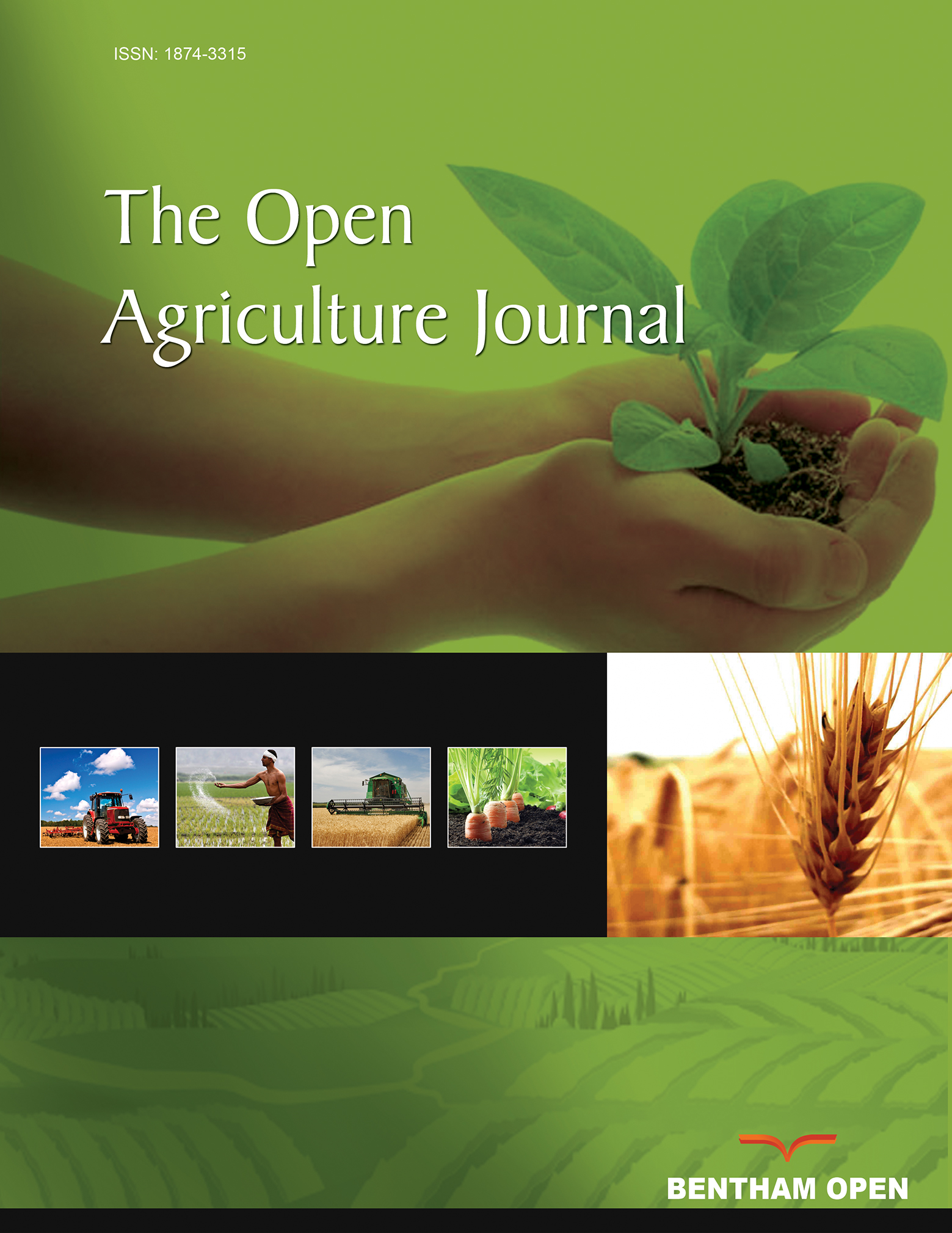All published articles of this journal are available on ScienceDirect.
Deficit Irrigation on Fruit Yield and Quality of Sweet Pepper
Abstract
Background:
Deficit irrigation is an approach to use less water in crop growth in places where water resources are the limiting factor for agricultural production, to maximize the production per unit of volume of water available.
Objective:
The study aimed to evaluate the effect of four levels of irrigation applied to replenish soil moisture depletion on the growth and yield of two sweet pepper cultivars.
Methods:
The experiment was performed on field conditions from January to June 2020 in a randomized block experimental design with three repetitions arranged in divided plots, the main plot was the four irrigation depths, and the sub-plots were the two cultivars (Tres Filos and Pepón) for a total of eight treatments. The irrigation depths applied corresponded to 60%, 80%, 100%, and 120% of the crop evapotranspiration.
Results:
The ANOVA (analysis of variance) of the main factors indicates that for the irrigation treatment factor, the number of fruits per plant for the two varieties is statistically equal when irrigation is applied at 120, 100 and 80% of the crop evapotranspiration (ETc) and greater than the one obtained with irrigation at 60% of ETc. For the cultivars factor, the number of fruits per plant and the fruit yield (g plant-1) in the different irrigation treatments was higher in the cv Tres Filo, but the weight of the fruit was higher in the cv Pepón.
Conclusion:
The application of irrigation at 60% of the ETc represents a saving of 40% of the volume of water compared to the application at 100% of ETc. The reduction in the number of fruits per plant, fruit weight, and average yield (g plant-1) of both cultivars was only 4.21%, 7.47%, and 11.95%, respectively. Therefore, if the limiting factor for agricultural production is water availability, it is advisable to irrigate at 60% of the ETc and increase the surface for irrigation to increase total production.


